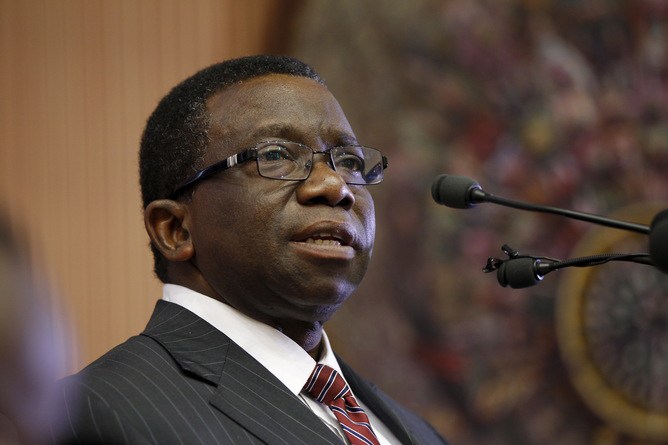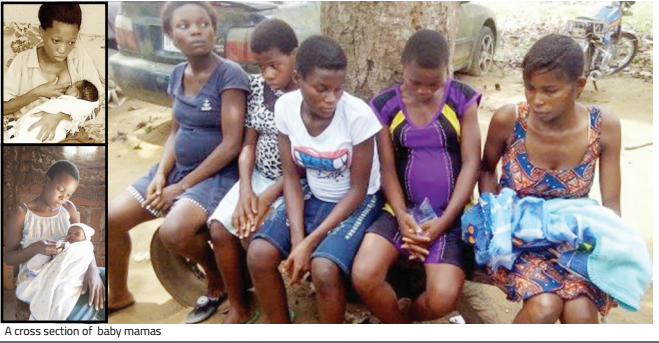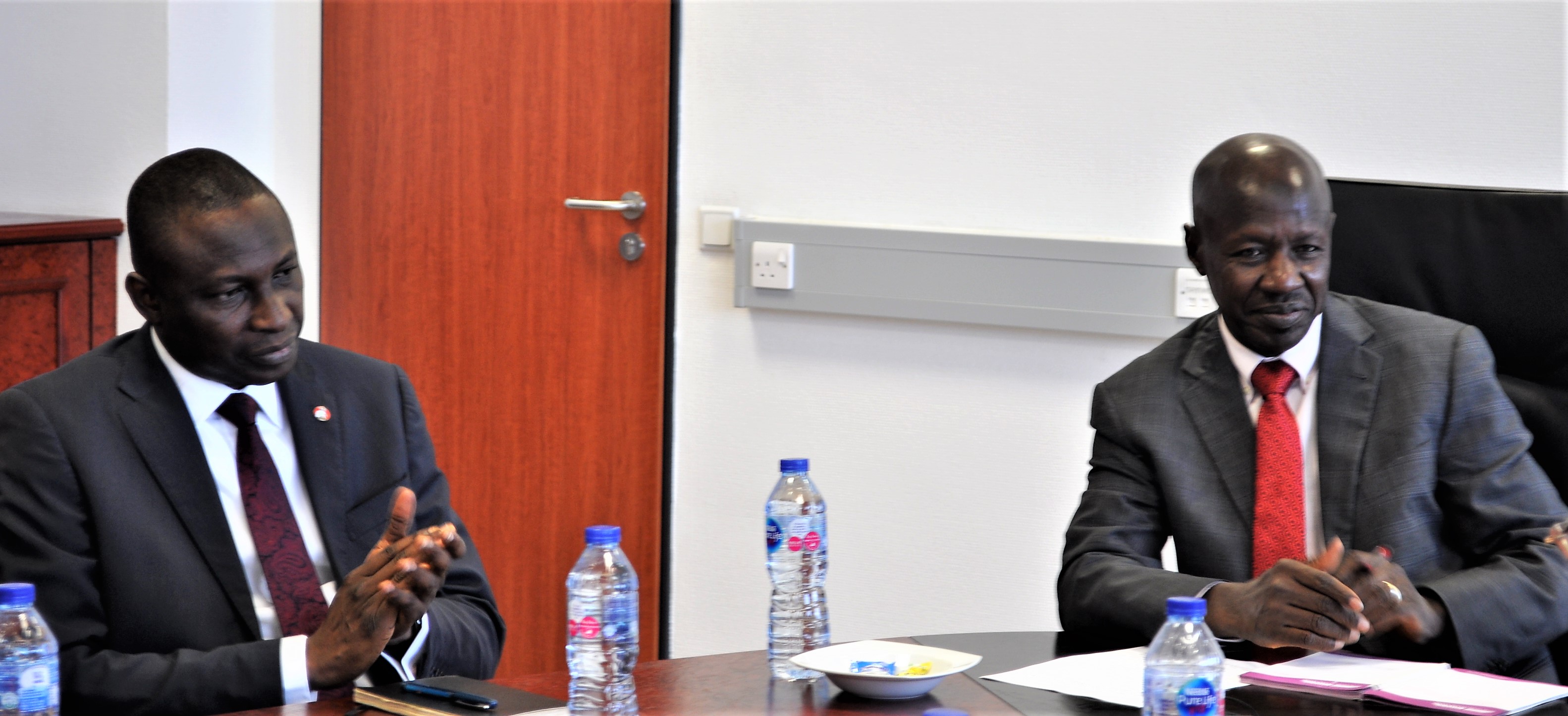The Federal Government yesterday declared that it was yet to ascertain the veracity or otherwise of the strange disease which recently broke out in Bayelsa State and said to have spread to seven others with 33 cases.
However, it said a scientist, Professor Christian Appeh, was handling a laboratory investigation into the matter, while efforts were on to also double check in a public health laboratory in Senegal with a view to finding out what the disease really is.
Minister of Health, Professor Isaac Adewole, disclosed this while briefing State House Correspondents after the Federal Executive Council (FEC) presided over by President Muhammadu Buhari at the Presidential Villa, Abuja.
Meanwhile, the states allegedly affected so far include Bayelsa, Rivers, Ekiti, Akwa Ibom, Lagos, Ogun and Cross River. According to the minister, the cases so far reported did not fit into the prototype of monkey pox. He added that the rampaging disease was close to the pox family.
Adewole said: “The other one which is less topical but less deadly is monkey pox, and this actually started in Bayelsa and we have recorded 33 suspected cases in all from the states, including Rivers, Ekiti, Akwa Ibom, Lagos, Ogun and Cross River. And what is particularly significant is that many of the cases so reported do not fit into the classic prototype of monkey pox but we are trying to confirm before the end of today (Wednesday) or early tomorrow (today) we should be able to confirm exactly what we are dealing with, if it is truly monkey pox. But what is obvious is that we have a disease that is close to the pox family.
“One of our scientists, Professor Christian Appeh, is looking into it in the laboratory to confirm if it is truly monkey pox. We are also doing a double confirmation in Senegal because it also has a public health laboratory that could make diagnosis. We are looking at the two and hopefully, in the next 24 or 48 hours, we should be able to make a diagnosis as to what we have.”
He, however, advised that Nigerians should continue to maintain a high-level hygiene disposition while government continues with investigation of the disease.
The minister also expressed optimism that even if the disease was the suspected monkey pox, it is likely to be the West African type since no death has been recorded.
“There are two types of monkey pox. They are the Central and West African type. We suspect that if confirmed, we probably have the West African type which is milder because so far we have not recorded any death.”




